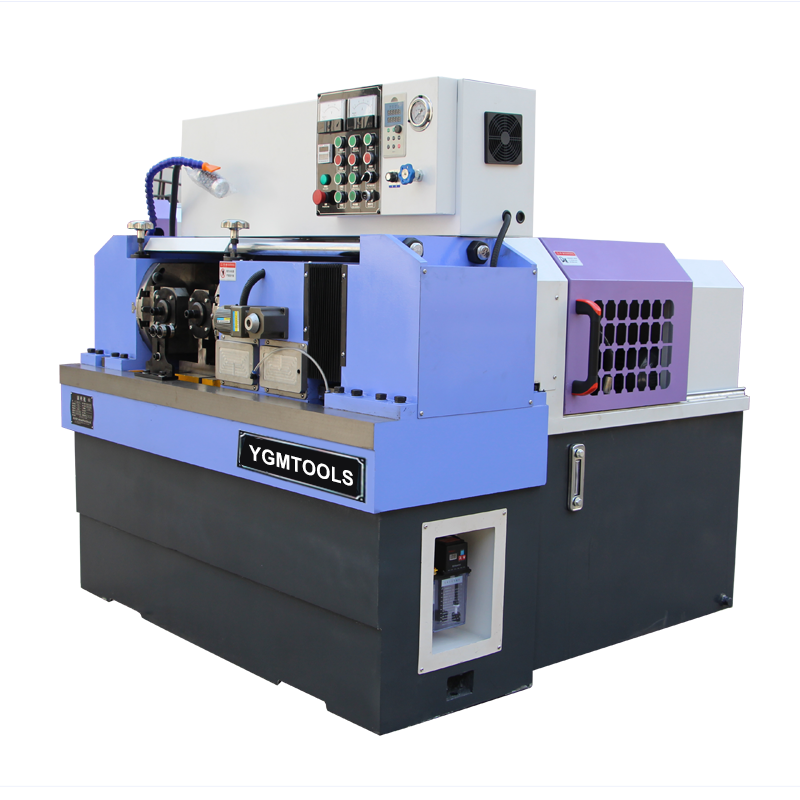
-
 Afrikaans
Afrikaans -
 Albanian
Albanian -
 Amharic
Amharic -
 Arabic
Arabic -
 Armenian
Armenian -
 Azerbaijani
Azerbaijani -
 Basque
Basque -
 Belarusian
Belarusian -
 Bengali
Bengali -
 Bosnian
Bosnian -
 Bulgarian
Bulgarian -
 Catalan
Catalan -
 Cebuano
Cebuano -
 Corsican
Corsican -
 Croatian
Croatian -
 Czech
Czech -
 Danish
Danish -
 Dutch
Dutch -
 English
English -
 Esperanto
Esperanto -
 Estonian
Estonian -
 Finnish
Finnish -
 French
French -
 Frisian
Frisian -
 Galician
Galician -
 Georgian
Georgian -
 German
German -
 Greek
Greek -
 Gujarati
Gujarati -
 Haitian Creole
Haitian Creole -
 hausa
hausa -
 hawaiian
hawaiian -
 Hebrew
Hebrew -
 Hindi
Hindi -
 Miao
Miao -
 Hungarian
Hungarian -
 Icelandic
Icelandic -
 igbo
igbo -
 Indonesian
Indonesian -
 irish
irish -
 Italian
Italian -
 Japanese
Japanese -
 Javanese
Javanese -
 Kannada
Kannada -
 kazakh
kazakh -
 Khmer
Khmer -
 Rwandese
Rwandese -
 Korean
Korean -
 Kurdish
Kurdish -
 Kyrgyz
Kyrgyz -
 Lao
Lao -
 Latin
Latin -
 Latvian
Latvian -
 Lithuanian
Lithuanian -
 Luxembourgish
Luxembourgish -
 Macedonian
Macedonian -
 Malgashi
Malgashi -
 Malay
Malay -
 Malayalam
Malayalam -
 Maltese
Maltese -
 Maori
Maori -
 Marathi
Marathi -
 Mongolian
Mongolian -
 Myanmar
Myanmar -
 Nepali
Nepali -
 Norwegian
Norwegian -
 Norwegian
Norwegian -
 Occitan
Occitan -
 Pashto
Pashto -
 Persian
Persian -
 Polish
Polish -
 Portuguese
Portuguese -
 Punjabi
Punjabi -
 Romanian
Romanian -
 Russian
Russian -
 Samoan
Samoan -
 Scottish Gaelic
Scottish Gaelic -
 Serbian
Serbian -
 Sesotho
Sesotho -
 Shona
Shona -
 Sindhi
Sindhi -
 Sinhala
Sinhala -
 Slovak
Slovak -
 Slovenian
Slovenian -
 Somali
Somali -
 Spanish
Spanish -
 Sundanese
Sundanese -
 Swahili
Swahili -
 Swedish
Swedish -
 Tagalog
Tagalog -
 Tajik
Tajik -
 Tamil
Tamil -
 Tatar
Tatar -
 Telugu
Telugu -
 Thai
Thai -
 Turkish
Turkish -
 Turkmen
Turkmen -
 Ukrainian
Ukrainian -
 Urdu
Urdu -
 Uighur
Uighur -
 Uzbek
Uzbek -
 Vietnamese
Vietnamese -
 Welsh
Welsh -
 Bantu
Bantu -
 Yiddish
Yiddish -
 Yoruba
Yoruba -
 Zulu
Zulu
Wholesale Thread Rolling Machine HS Code and Its Applications in Manufacturing and Industry
Understanding the HS Code for Wholesale Thread Rolling Machines
The trade of machinery and tools is pivotal in various industries, and one such essential piece of equipment is the thread rolling machine. Used extensively in manufacturing, these machines convert raw materials into specialized threaded components, such as screws, bolts, and nuts. With the global market becoming increasingly interconnected, understanding the HS code associated with wholesale thread rolling machines is essential for businesses involved in international trade.
The Harmonized System (HS) Code is an internationally standardized numerical method of classifying traded products. Managed by the World Customs Organization (WCO), the system ensures that countries have a common language for discussing various goods and facilitates global trade. Each HS code is typically six digits long, but countries may expand on this classification with additional digits for more specific identification.
Importance of HS Code for Thread Rolling Machines
The HS code for thread rolling machines plays a crucial role in numerous aspects of international trade. Firstly, it helps in determining the applicable tariffs and duties. By utilizing the correct HS code, businesses can assess the cost of importing or exporting thread rolling machines, helping them to make informed financial decisions. For instance, misclassifying a machine can lead to unexpected tariffs that impact profit margins.
Furthermore, the HS code aids in regulatory compliance. Different countries may have varying safety and environmental regulations regarding machinery. Having the correct code assists customs officials and regulators in categorizing the product correctly and ensuring that it meets the necessary standards. For manufacturers and exporters, this means reducing the risk of penalties or delays due to compliance issues.
wholesale thread rolling machine hs code

The Classification of Thread Rolling Machines
Generally, thread rolling machines fall under the broader category of machine tools used for working metal. They are typically classified under HS Code 8456, which covers machine tools for working metal by forging, hammering, or pressing, and includes machines for rolling threads. However, it’s crucial for businesses to verify the specific classification as regulations can change and may vary from one country to another.
Impact on Global Trade
Understanding and correctly using the HS code for wholesale thread rolling machines can significantly impact a business's success in global markets. Accurate classification ensures smoother customs clearance processes and decreases the likelihood of delays caused by misclassification. For companies looking to expand their reach internationally, mastering the nuances of HS codes can be a strategic advantage.
Conclusion
In summary, the thread rolling machine serves as an indispensable tool in various manufacturing processes, and understanding its HS code is equally vital for businesses involved in global trade. As industries continue evolving and the demand for precision-engineered fasteners increases, awareness of the correct classification not only aids compliance with trading regulations but also enhances operational efficiency. Companies engaged in the wholesale of thread rolling machines should invest time and resources into thoroughly understanding their HS code, as this knowledge can foster growth and unlock new opportunities in the international marketplace. Proper classification will ultimately lead to more effective supply chain management and improved profitability.
